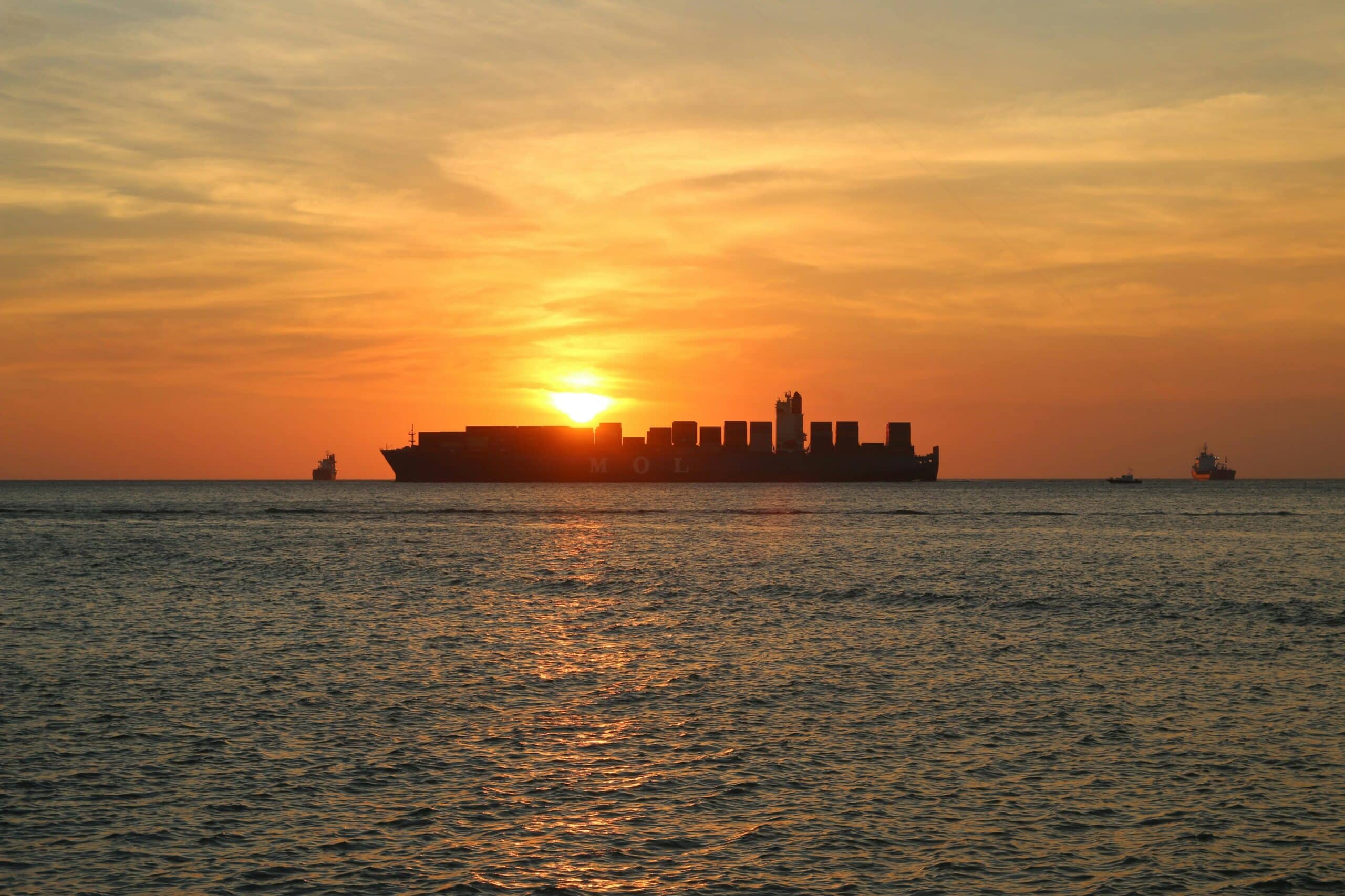Greek Shipping Dominates Global Fleet Amid Growth

Greek shipowners continue to assert their dominance in the maritime industry, controlling 21% of the world’s merchant fleet with a total of 5,520 vessels. This impressive fleet has expanded by 50% over the last decade, showcasing the sector’s resilience and adaptability to changing trade dynamics. Recent reports highlight that Greek shipping accounts for significant portions of the global oil tanker, bulk carrier, and liquefied natural gas fleets, underscoring its critical role in international trade.
Fleet Expansion and Environmental Focus
The Greek shipping sector has made substantial strides in fleet expansion, with new ship orders reaching 241 in 2023—a 40% increase from the previous year. This growth is not just about numbers; it reflects a strategic shift towards vessels that meet stricter environmental standards as global regulations tighten. The emphasis on sustainability is evident, with many new ships designed for improved environmental performance.
Moreover, the average size of Greek-owned vessels is notably larger than the global average, standing at 81,395 deadweight tonnes compared to the global average of 45,337 dwt. This preference for larger ships allows Greek shipowners to benefit from economies of scale, resulting in more competitive transport costs, particularly in long-haul trade. Additionally, the Greek fleet is among the youngest in the world, with an average age of around 10 years, further enhancing its operational efficiency.
Greek vessels also play a pivotal role in cross-trade activities, with over 98% of their transport capacity utilized on routes between third countries. This strategic positioning reinforces Greece’s significant influence in the global supply chain, making it a key player in maritime logistics.
Cyprus: A Growing Maritime Hub
While Greece leads in tonnage, Cyprus is emerging as a vital maritime management center in Europe. Deputy Shipping Minister Marina Hadjimanolis emphasized the government’s commitment to expanding the Cypriot registry, which has seen an 18% increase in gross tonnage over the past 16 months. Additionally, there has been a 15% rise in companies opting into the tonnage tax regime, reflecting the attractiveness of Cyprus as a shipping hub.
Hadjimanolis also highlighted the importance of innovation and greener operations within the Cypriot shipping sector. The digitalization of services at the Deputy Ministry of Shipping is progressing well, with new offerings expected by May 2025. She pointed out that the true value of the Cypriot flag becomes apparent during challenging times, thanks to the support provided by overseas offices and hands-on assistance. Notably, shipping contributes nearly 7% to Cyprus’s GDP, underscoring its significance to the national economy.
